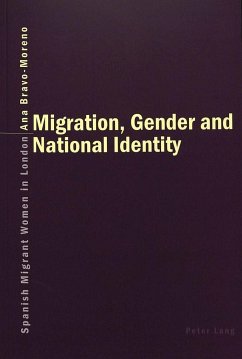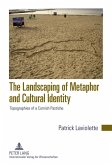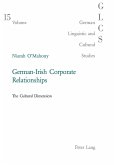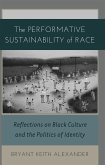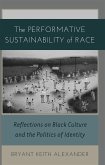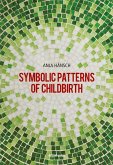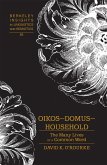This book examines the effects of international migration on the shaping of national and gender identities of Spanish women who migrated to the UK between the 1940s and the 1990s from different socio-economic, educational backgrounds and generations. It explores the dynamics between the power of social institutions and women's agency in shaping their identities in two different countries: Spain and the UK. In looking at individuals' formation of identities, the complexity of the social sites of different social classes, educational attainments and generations, is illuminated.
This study looks at how gender and nation are appropriated in women's accounts and how representations of gender and nation relate to other significant social phenomena. Differences in empirical realities are mirrored in respondents' accounts. In examining their lives, this study shows the tension between the power of institutions, which were created under particular historical, economic and social conditions, and women's appropriation of institutional discourses in their identities. This book argues throughout that while it is important not to ignore the power of political and economic forces and history as contributors to women's formation of identities, it is at least as important to think of identity as an individual appropriation and creation of individual meanings.
This study looks at how gender and nation are appropriated in women's accounts and how representations of gender and nation relate to other significant social phenomena. Differences in empirical realities are mirrored in respondents' accounts. In examining their lives, this study shows the tension between the power of institutions, which were created under particular historical, economic and social conditions, and women's appropriation of institutional discourses in their identities. This book argues throughout that while it is important not to ignore the power of political and economic forces and history as contributors to women's formation of identities, it is at least as important to think of identity as an individual appropriation and creation of individual meanings.
«The book contributes to the field of migration studies in three important ways: firstly, it improves our understanding of Southern European migration to England (an area neglected due to the emphasis on the race/colour of migrants); secondly, it illuminates the area of service jobs (an area often neglected due to its association with women's work); and thirdly, it showcases the value of personal narratives to understand migration (a qualitative approach usually neglected due to the emphasis on statistics). [...] this book improves our understanding of migration, provides an excellent illustration of the dynamic interplay of social structure and individual agency, and raises an interesting issue for future research: the place of emotions in the production of national identity and its relation with language.» (Benito Cao, Social Identities)
«[Esta investigacion] se muestra como una de las vías con mas futuro de la antropologia sociocultural. [...] [La autora utiliza] unas categorías analiticas y descriptivas que (...) tienen una carga de audacia teorica en el contexto de explicación y descripción del discurso. [...] En el analisis de las narrativas hay gestos tecnicos hermeneuticos dignos de atención (...). La autora se esmera en (re)construr contextos historicós (...) [que consiguen] una vision transgeneracional y transhistorica de valores culturales que permite contrastar y comparar las experiencias de estas mujeres sin perder la sensibilidad humana y capacidad de abstracción teorica.» (Guillermo Alonso Meneses, Migraciones Internationales)
«[Esta investigacion] se muestra como una de las vías con mas futuro de la antropologia sociocultural. [...] [La autora utiliza] unas categorías analiticas y descriptivas que (...) tienen una carga de audacia teorica en el contexto de explicación y descripción del discurso. [...] En el analisis de las narrativas hay gestos tecnicos hermeneuticos dignos de atención (...). La autora se esmera en (re)construr contextos historicós (...) [que consiguen] una vision transgeneracional y transhistorica de valores culturales que permite contrastar y comparar las experiencias de estas mujeres sin perder la sensibilidad humana y capacidad de abstracción teorica.» (Guillermo Alonso Meneses, Migraciones Internationales)

